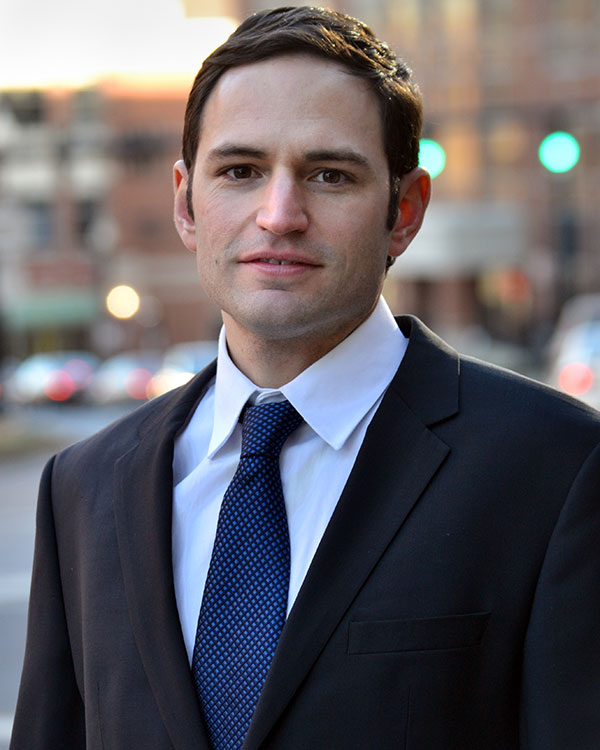Faculty Spotlight
De Barbieri’s Scholarship Explores Small Business Struggles, Help
Ted De Barbieri
Albany Law School Associate Professor Ted De Barbieri is using his scholarship and clinic to bring awareness to how lawyers and law students can help struggling small businesses.
In his forthcoming George Mason Law Review paper, “Excluding Disadvantaged Businesses,” De Barbieri explores laws intended to help small businesses, but those laws frequently fail to reach marginalized owners and those experiencing discrimination who are often most in need of support. Small businesses are particularly vulnerable in times of market crisis, but laws designed to support those businesses often exclude disadvantaged ones from competing in markets by denying government assistance.
In the paper, De Barbieri offers insight and guidance for lawmakers to be more inclusive through analysis of the Paycheck Protection Program, federal and state procurement preferences, and social equity programs in recreational cannabis licensing.
“Lawmakers can focus on access to particular laws or programs and they can look at ways to reduce the barriers,” he said. “In many instances, more capital needs to reach particular small business owners. Lawmakers can also work to explore tax policies that might give incentives for purchasing from disadvantaged businesses. Many reforms can be accomplished primarily at the state and local levels.”
De Barbieri points out that the Paycheck Protection Program denied loans to business owners with certain criminal histories. He also noted that government procurement programs create exclusionary costs for participation. According to the paper, state-level social equity programs in recreational cannabis licensing favor entrenched owners at the expense of owners from communities most impacted by the war on drugs.
In another forthcoming paper, “Opportunism Zones,” – this one in Yale Law & Policy Review – De Barbieri analyzes and critiques the idea of an “Opportunity Zone” which is a place-based economic development tool adopted by Congress in 2017. By design, these zones should provide incentives to attract jobs and capital to areas where both have fled. Investors in state-designated Opportunity Zone districts can defer capital gains on qualified investments and reduce tax bills when selling qualifying assets.
However, De Barbieri argues that, in practice, Opportunity Zones may cause harm through displaced and increased gentrification to places they are designed to benefit. But there’s room to improve.
“If there are students or alumni out there that want to learn more about economic development or commercial real estate opportunities, there is a ton to learn. It's a growing practice area,” he said. “[The area is] incredibly important especially at a time with shifts in population, some brought on by the pandemic and others that were in place before. The law points to many of the ways those shifts interact in the economy.”
Beyond publishing, Albany Law students are impacting small businesses through the Community Economic Development Clinic within The Justice Center which De Barbieri directs. Students serve both for profit and nonprofit community-based client in forming new entities and executing real estate transactions while building client counseling skills under De Barbieri’s direction along with support from Staff Attorney David Craft and Senior Staff Attorney Todd Arena.
“We teach our students the importance of pulling the lens back and bringing focus to neighborhoods and what the needs are,” De Barbieri said. “Students learn to analyze and present by the end of the semester, interview and develop relationships with clients, and contribute to the economic development priorities of the community.”

